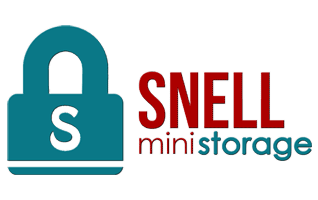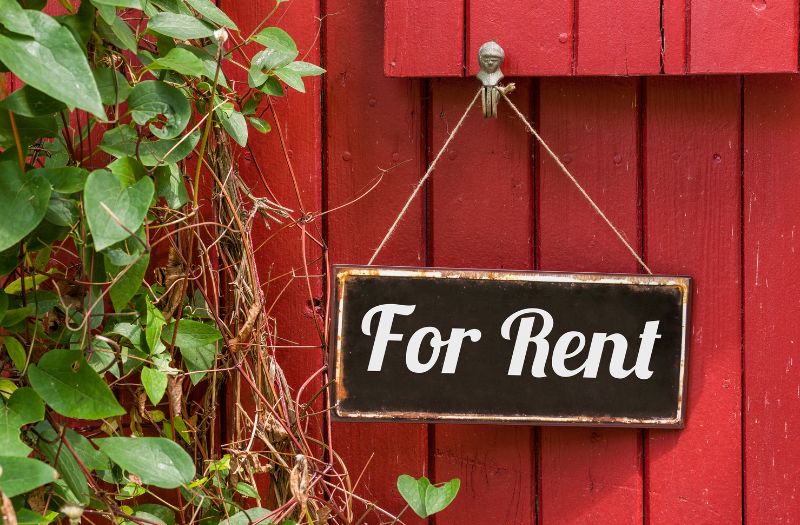Renting your first place sometimes isn’t as easy as you think it will be. Your financial situation will significantly impact the place you can afford and whether the landlord or property management company will approve your application.
In addition, renting becomes more complex in larger cities and attractive areas. There’s more competition for what are usually fewer places. As a new renter, snagging a good apartment or home can be very difficult.
How can you find a great place that fits your budget when you need it? Thankfully, there are some easy things you can do to make yourself a more attractive renter. In addition, once you sign the lease, knowing what to expect and how to manage those move-in challenges and other things that come with renting for the first time will guarantee a smooth process.
Here are some of the most important things you need to know about renting for the first time.
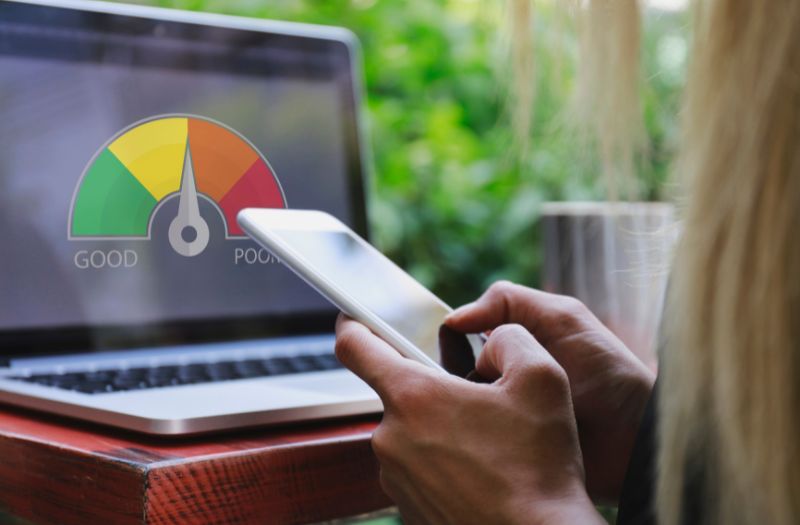
1. Your Credit History Matters
Depending on where you want to live, it’s unlikely you’re the sole applicant. There is a housing shortage in many parts of the country due to years of slow building and the pandemic. As a result, in the most attractive states and cities, competition for apartments is fierce.
As a result, landlords have more choices when they go through possible tenants. Typically, they’ll pull your credit report, which is a basic history of how you’ve handled payments on everything from car loans to credit cards.
If they see on your application that you don’t have enough credit history or that you have bad credit from late payments in the past, they’ll likely feel hesitant about renting to you. Sometimes, you can ask your parents or someone close to you to cosign the lease.
A cosign means that the person with more credit history, like your parent, will become responsible for payments should you fail to pay. It gives the landlord peace of mind about renting to someone in college or fresh out of school.
If this is your first time renting a place and you don’t have a credit history, be prepared to ask someone to sign along with you.
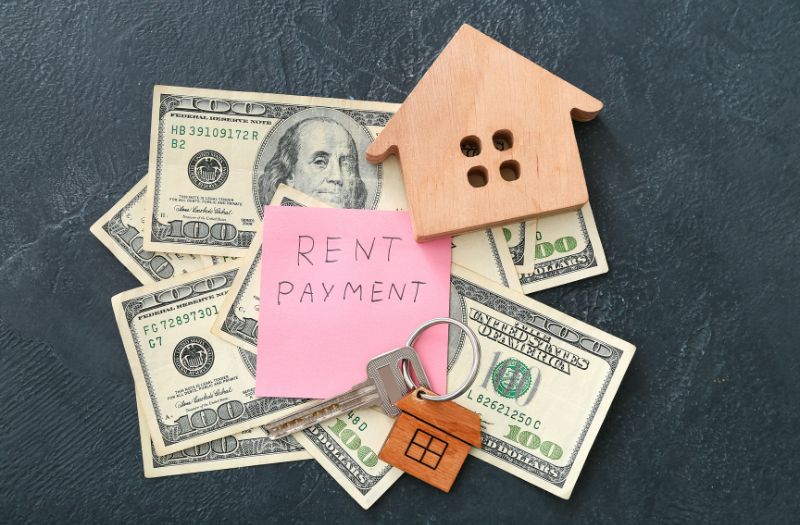
2. Your First Payment Will be More than Just Rent
If you’re browsing listings online, you’ll likely focus on how much the monthly rent is. This is because the listings typically show the rent price in big, bold numbers in the advertisement. However, your monthly rent is only a portion of the cost you’ll need to pay.
Here’s what you usually need to bring to the table to rent your first place:
- 1st month’s rent
- Last month’s rent (on a 1-year lease)
- Security deposit (typically equal to one month of rent)
In addition, depending on where you’re living, you may need to switch the water, power, and other utilities into your name the day before you move to guarantee the lights turn on when you get there.
Of course, this doesn’t include all the other costs of renting for the first time. On top of the payments to the landlord, you’ll need money for household goods, furniture, and other items.

3. You Can Negotiate the Terms
Nothing is set in stone. However, if you’re an attractive prospective tenant, you can often get better terms on your lease than what the landlord is advertising.
This is likely more difficult in large apartment complexes or in high-demand areas where they can simply move on to the next applicant. However, if you have some leverage, there’s no harm in asking for something you want.
For example, if you have a pet, you can negotiate away any added pet fee or cleaning charge at the end of the lease. In addition, ask for a better parking space or see whether the landlord can leave any leftover furniture in the apartment. This is a great tip for new renters who may still need more stuff.
Give it a shot and ask for a better deal. You never know what they’ll say!
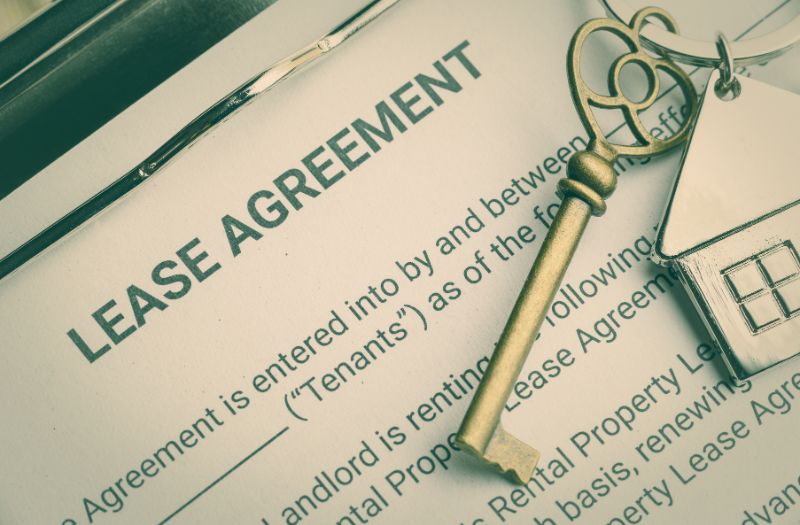
4. Breaking a Lease Is Bad
No one goes into a lease thinking they’ll break it. While there are some emergencies where a kind-hearted landlord will cut you some slack, you’ll usually be dealing with an unsympathetic crowd regarding payments and your personal situation.
They’ll expect you to pay on time. If you don’t, they’ll ding your credit. In addition, failure to pay can impact your ability to rent apartments in the future. In many cases, the landlord of your next apartment or house you want to rent will ask where you lived before so they can call to ask how you were as a tenant.
Knowing this, it’s crucial to get into your first rental agreement only when you’re confident you have the money and the stability to handle the lease. This should also warn against going in on a lease with friends or acquaintances who don’t have the best track record.
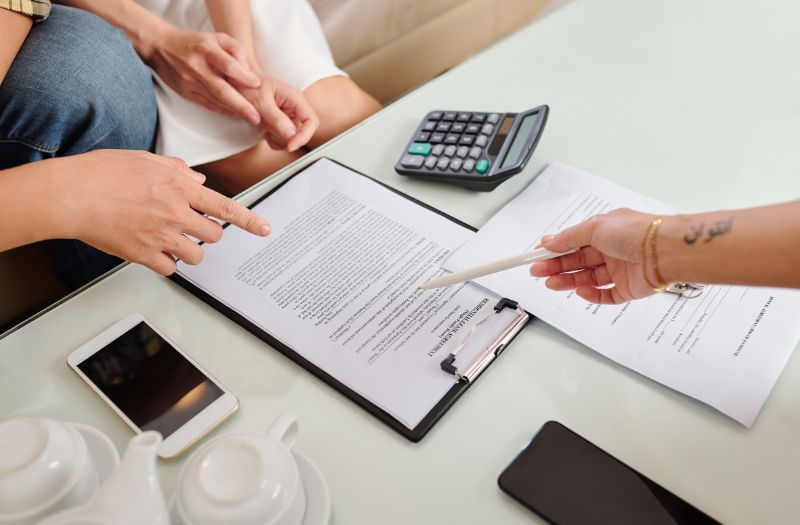
5. Read the Lease Before You Sign
Always read the terms of the lease before you sign. For instance, the lease document will outline how much you’ll pay in fees if you’re late paying rent. There may also be other stipulations like quiet hours, guest parking restrictions, and outdoor facility use.
Plenty of people are caught off guard by some rule or fee in their lease. Cleaning fees are a good example of this. Some landlords outline cleaning fees they deduct from your security deposit when you move out.
As a best practice, read the lease before you sign. This is a good learning experience for future job contracts and other things you’ll sign as you progress.
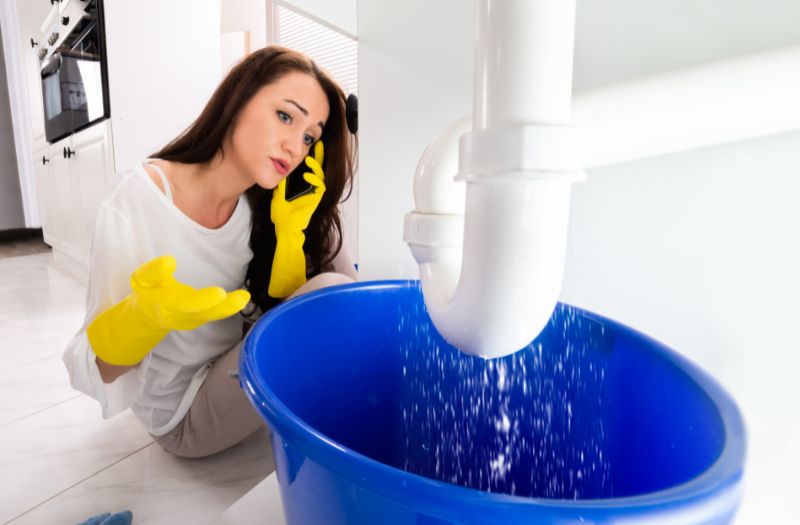
6. Call Your Landlord for Repairs
One of the best things about renting is that it’s someone else’s house, which means they’re on the hook anytime something needs fixing. If you find a leak after a storm or the faucet is dripping, you can call them or their property manager, and they must fix it.
Landlords are responsible for handling normal wear and tear. Unfortunately, many new renters don’t know this and run to the hardware store to buy parts and tools.
Before you do anything to any appliances or plumbing, call your landlord and let them handle it. They’re required to fix things in a timely manner.

7. State Laws Vary
The state you live in has a significant impact on tenant rights. Some states heavily favor tenants, while others go further to protect landlords.
For example, some states make it relatively easy for a landlord to evict a tenant. However, they must give the requisite warning period (sometimes as little as 30 days), and the tenant is expected to be out.
While applying for apartments or houses, you should learn about the laws and how they protect you as a tenant. This will help you avoid any unpleasant surprises if your landlord decides to sell the house in the middle of your lease.
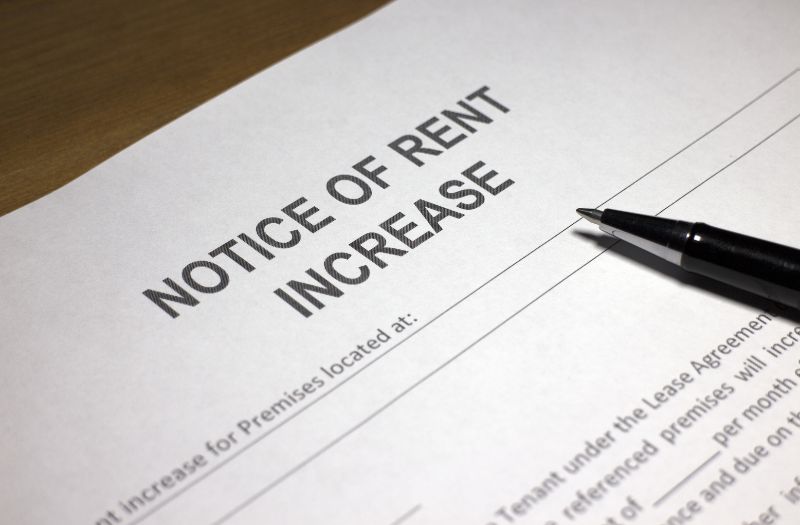
8. When Your Lease Is Up
Most rental leases are for a year. Sometimes, however, you can negotiate a better price if you sign for two years or longer. Landlords often prefer this because they can lock in a tenant and avoid the rigamarole of finding someone new each year.
However, here’s what you can expect when your lease is coming to a close.
First, your landlord will likely ask for a rent increase if you want to stay another year. This will vary based on local rental rates and how in-demand places are. Usually, though, you can expect anywhere from a 3-10 percent increase.
Second, if you’re moving out, you’ll need to return the apartment to its condition when you moved in. This means repainting any walls you painted, fixing any damage, and cleaning it well.
Normal wear and tear is fine, but anything out of the ordinary will come out of your security deposit.

If you’re looking for a storage facility to store your belongings, Snell Mini Storage has got you covered. At Snell Mini Storage, we offer a wide range of unit selections. To learn more about our self-storage facility, please check out our website at https://snellministorage.com/.
